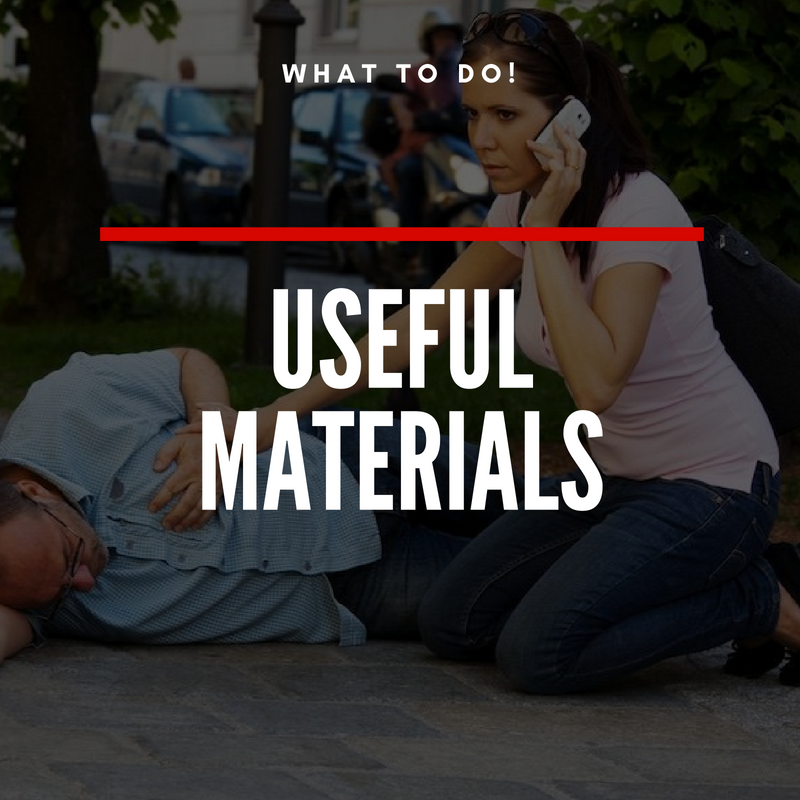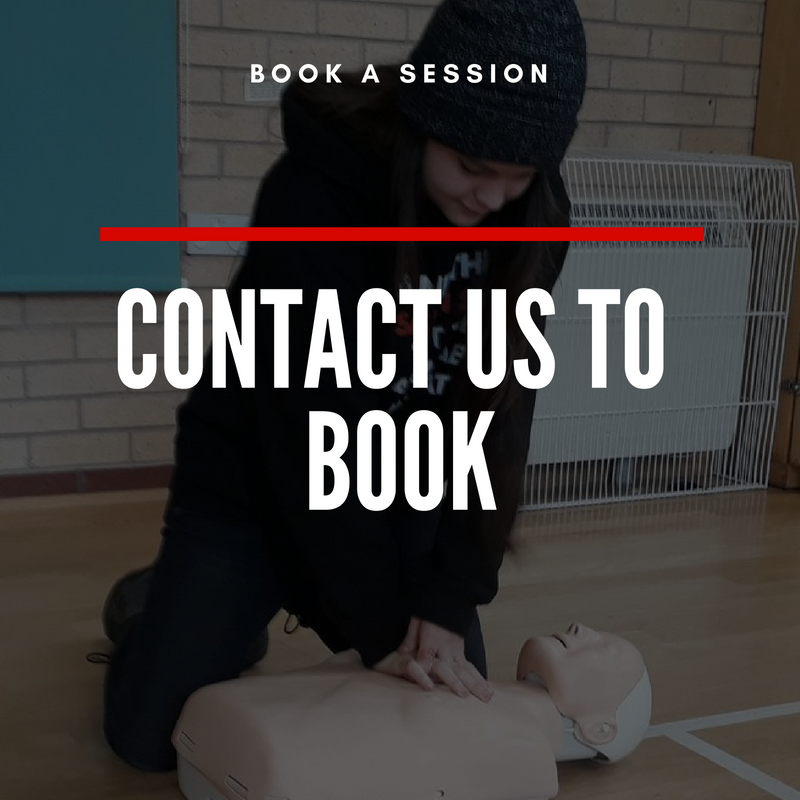COMMUNITY TRAINING
The equipment is safe and easy to use, you can do it!
There is no legal requirement to have defibrillator training in the UK, but it does form part of the First Aid at Work requirements from 2017. The UK Resuscitation Council guidelines indicate that community defibrillators (AEDs) should be able to be used by members of the public with or without any formal training. However, this does not mean that training is not required.
The equipment is very easy to be used, and when you have called 999, the ambulance service operator will normally stay on the telephone to assist you. The modern AED equipment is also designed to talk to you or show you, and tell you what to do. You cannot make a mistake when using an AED – just follow the instructions being given. However, training is desirable, particularly to create confidence in the community, learn CPR, and to understand the processes, as well as managing best practice, and reducing the potential for liability. Training in correct CPR technique is also invaluable and essential.
CHT works with the ambulance service to provide community awareness sessions or can offer an inclusive full training programme if required through its training partners. Annual retraining is advised on formally trained people.
The CHT community awareness ‘CARS’ programme is unique and has been recognised as being ideal for a community to create awareness of the issues surrounding treating a patient in the community. It is not a formal classroom course but designed to answer questions, give basic instruction, be interactive and create confidence.
The first awareness session for a community is normally built into your defibrillator project when the community uses the CHT full cPAD programme. Additional sessions may incur a small charge. Full first aid training sessions are chargeable and can be arranged through CHT. By June 2018 over 250,000 have attended these sessions. To book either an Awareness Session or Full First Aid Session please contact us.
.
All training records are done via the WebNos™ Governance system. Attendance Certificates can be made available by signing in at your local session.



